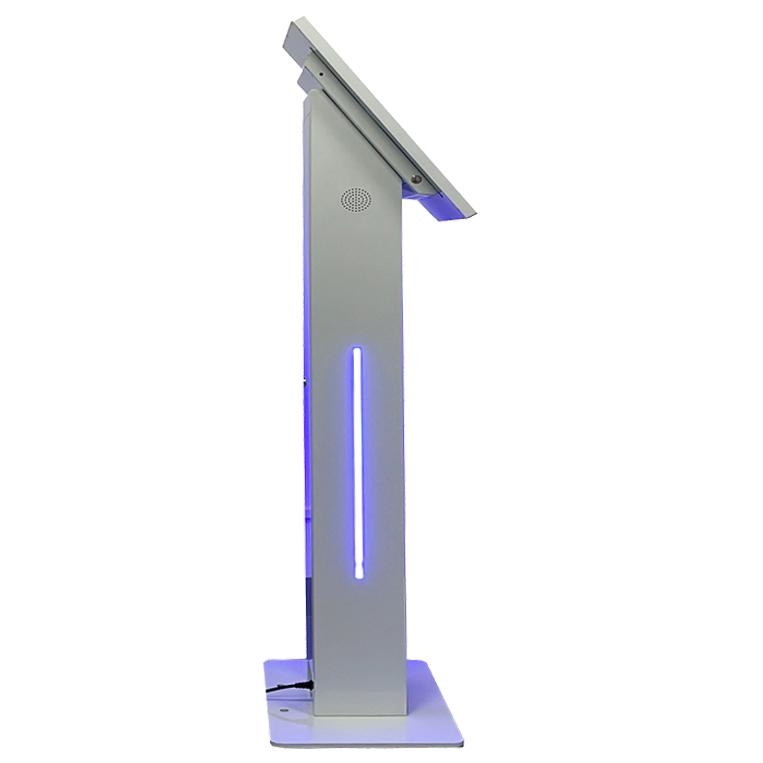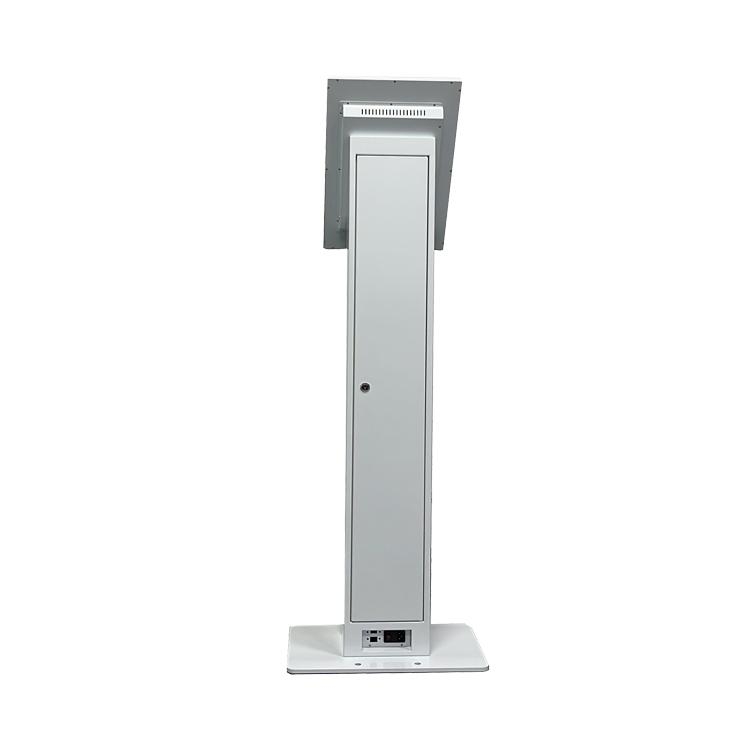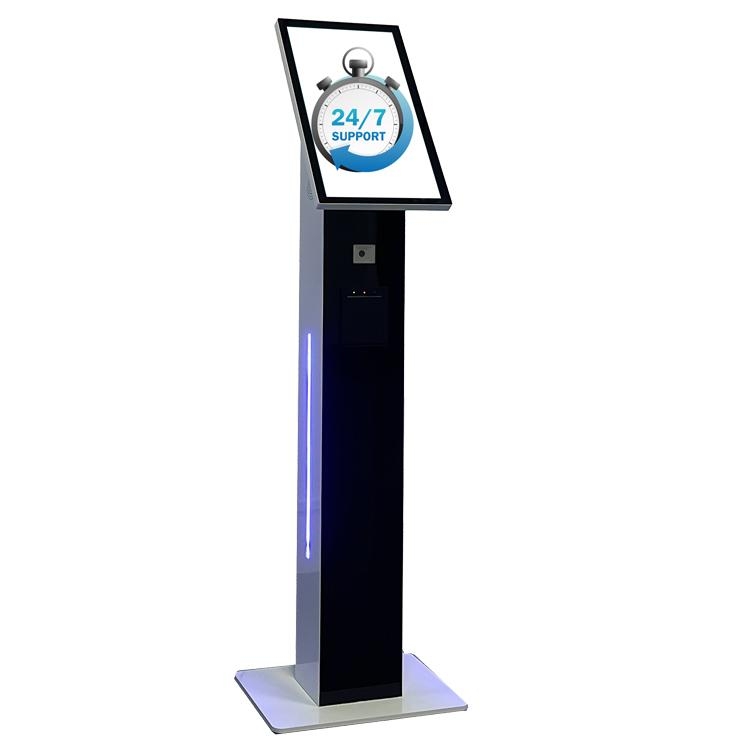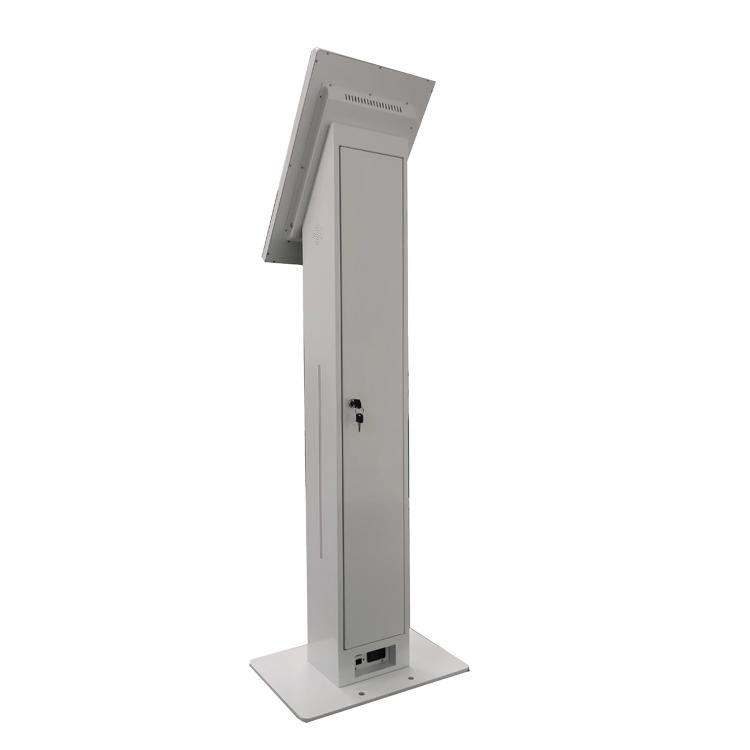Self-Service Kiosk Introduction: Revolutionizing Convenience and Efficiency
In today's era of pursuing convenience and efficiency, self-service kiosks have become indispensable innovative tools across various industries. With their user-friendly interfaces, these kiosks allow customers to easily access services and information, optimizing processes and enhancing overall satisfaction.
What is a Self-Service Kiosk?
A self-service kiosk is an independent device that integrates a touchscreen, printer, and payment functionality. They can perform multiple tasks such as ticket sales, registration, ordering, and payment processing. Due to their versatility, these kiosks are widely used in retail stores, airports, hospitals, and entertainment venues.
Key Advantages
Enhanced Customer Experience
Kiosks provide an intuitive operating interface that allows users to quickly complete transactions, reducing waiting times and enabling customers to manage their time more effectively.
Cost-Effectiveness
By deploying self-service kiosks, businesses can significantly reduce operational costs and decrease reliance on human labor, as kiosks can autonomously handle routine transactions.
24/7 Service
Unlike traditional service counters, self-service kiosks can operate continuously, ensuring that customers can access services at any time, greatly improving service accessibility.
Data Collection and Analysis
These kiosks can collect customer preferences and behavior data, which businesses can use to optimize services and fine-tune marketing strategies.
Space-Saving
Kiosks are designed to be compact, making them suitable for placement in various locations, especially in high-traffic areas, without taking up too much space.
Industry Applications
The applications of self-service kiosks are extensive, with some typical scenarios including:
-
Retail: Customers can check product inventory, place orders, or complete payments through kiosks, enhancing the shopping experience.
-
Transportation: Airports and train stations use kiosks for ticket sales and registration, simplifying passenger processes.
-
Healthcare: Hospitals utilize kiosks for patient registration and appointment management, alleviating administrative burdens.
-
Entertainment: Cinemas and amusement parks use kiosks for ticket sales and food orders, increasing customer engagement.
Conclusion
For businesses looking to enhance operational efficiency and customer satisfaction, investing in self-service kiosks is a wise choice. These kiosks not only simplify processes and reduce costs but also provide 24/7 service, representing a significant advancement in customer service technology. By adopting this innovative solution, businesses can maintain a competitive edge in the market and meet the ever-changing demands of customers.
Explore the potential of self-service kiosks now and transform the way you interact with your customers!






